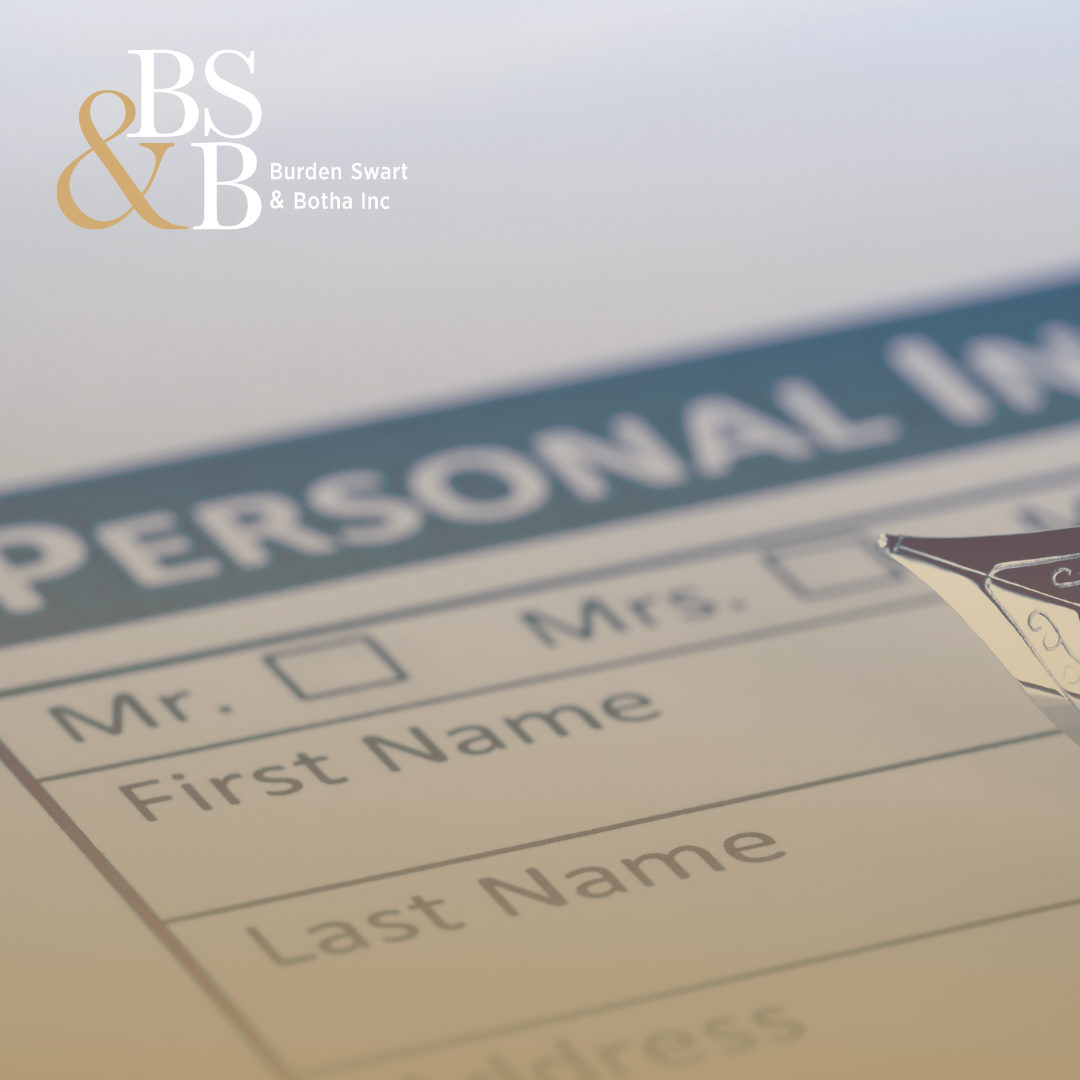Life File: A Gift of Clarity for Your Loved Ones
No one likes to think about death. However, one of the most thoughtful and compassionate things you can do for your loved ones is to prepare for the inevitable. Compile a Life File—a simple, powerful tool that can make a world of difference when you’re no longer around to answer questions or provide guidance.
What Is a Life File?
A Life File is a file that contains all the essential information and documents your family will need in the event of your passing. Think of it as a roadmap for your loved ones—a guide that helps them navigate the legal, financial, and personal decisions that come with the loss of someone.
It can be a physical folder, a digital file, or both. The important thing is that it’s organised, secure, and accessible to someone you trust.
Why Is It Important?
- Reduces Stress and Confusion
After a loss, families are often overwhelmed with grief, and then hit with a tidal wave of paperwork, decisions, and deadlines. Having a Life File helps ease the burden, reducing the confusion and uncertainty about what to do next. - Prevents Family Conflict
Without clear documentation, families can end up in disagreement about wishes, finances, or asset distribution. A Life File puts everything in writing, minimising the risk of misunderstandings or legal battles. - Ensures Your Wishes Are Honoured
Whether it’s how you want your funeral handled, who gets what, or even who takes care of your pets, a Life File ensures your intentions are known and respected. - Saves Time and Money
Searching for missing documents or going through legal hoops can be time-consuming and costly. A Life File streamlines the process and keeps things moving smoothly.
What Should You Include?
Here’s a basic checklist of what your Life File might contain:
- Legal Documents
- Last Will and Testament
- Original Power of Attorney
- Living will for advance healthcare directives
- Marriage certificate, ante-nuptial contract, death certificates of spouse/children
- Divorce decree and settlement agreements
- Certified copy of your identity document
- Financial Information
- Bank account details
- Investment and retirement accounts
- Debts and loans
- Insurance policies (life, health, home, auto)
- Tax returns (last 2–3 years)
- Property and Assets
- Real estate deeds or leases
- Vehicle registration documents
- Safe deposit box keys or access info
- Inventory of valuables or heirlooms
- Digital Life
- Passwords for devices and online accounts
- Social media accounts and instructions for handling them
- Subscription services or memberships
- Final Wishes
- Funeral or memorial preferences
- Organ donation instructions
- Letter to loved ones
How to Start Your Life File
- Start Simple – You don’t need to have everything at once. Begin with what you have and build over time.
- Keep It Safe and Accessible – Store your Life File in a fireproof safe, secure cloud storage, or with a trusted attorney or family member.
- Review and Update Regularly – Life changes, and so should your file. Set a reminder to update it annually or after major life events.
- Talk About It – Let your loved ones know it exists and where to find it. It’s a tough conversation—but a necessary one.
Final Thoughts
Creating a Life File is one of the most loving things you can do. It’s not about planning for death—it’s about protecting the people you care about most. It gives them peace of mind, a sense of direction, and the ability to grieve without added stress.
You may not be able to be there when they need you most … but your Life File can be.


